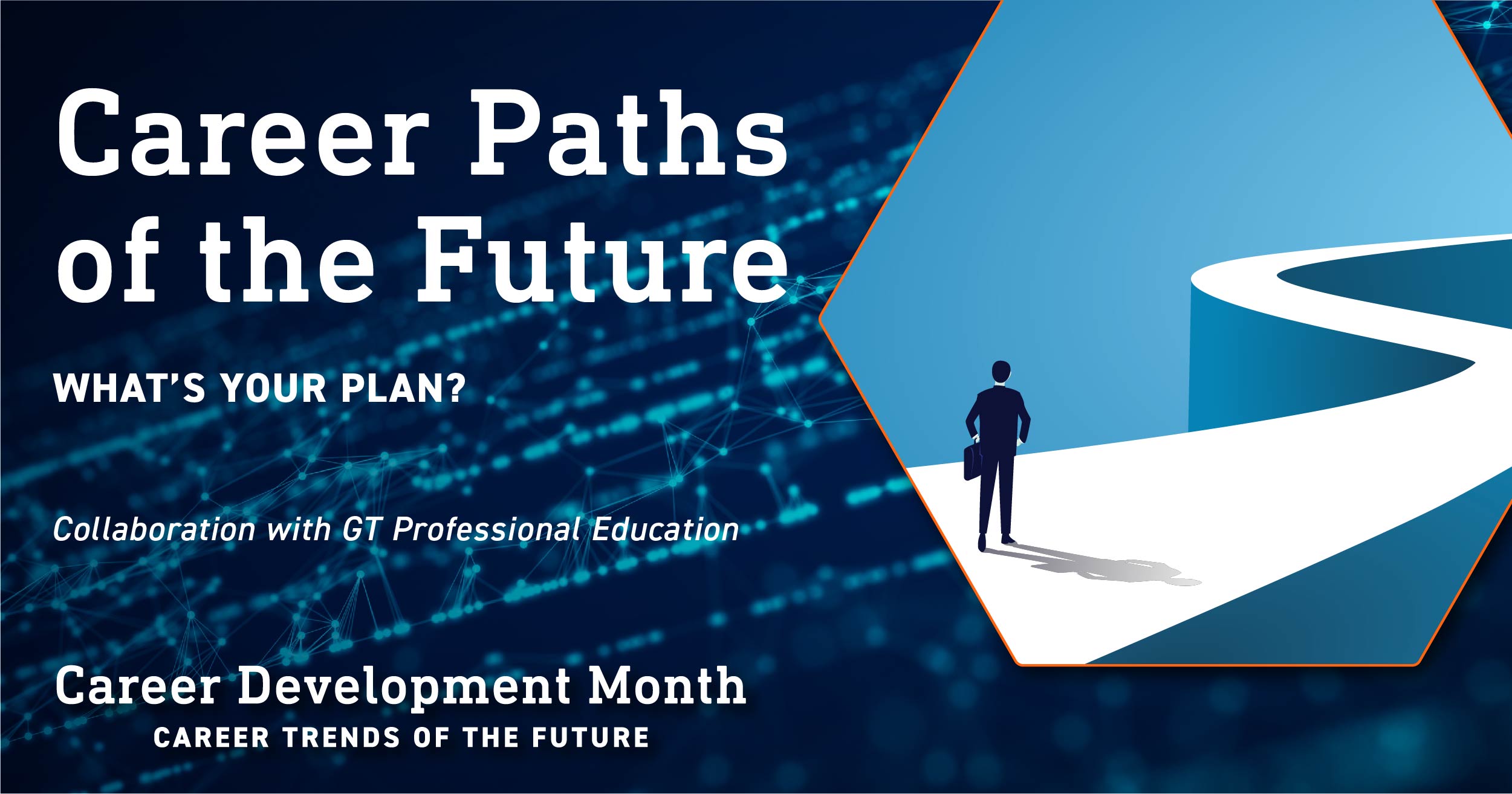
Is your career future-proofed? Current research indicates even today's top jobs will be significantly impacted by AI, machine learning, and other technical advances, calling for employees to retrain or at the very least, upskill, in order to successfully perform and secure their positions in a quickly evolving world. What training, education, and skill development do you need to protect and advance your career in the future? Join us as leading faculty from Georgia Tech's Online Master of Computer Science, Online Master of Analytics, and the College of Computing share their insights on the skills and education you'll need to successfully maneuver the workplace of the future.
Panelists:
Duen Horng “Polo” Chau, Polo Chau (born Duen Horng Chau) is an Associate Professor in the School of Computational Science and Engineering in the College of Computing at Georgia Tech. He co-directs Georgia Tech's MS Analytics program. He is the Director of Industry Relations of The Institute for Data Engineering and Science (IDEaS), and the Associate Director of Corporate Relations of The Center for Machine Learning. His research group bridges machine learning and visualization to synthesize scalable interactive tools for making sense of massive datasets, interpreting complex AI models, and solving real world problems in cybersecurity, human-centered AI, graph visualization and mining, and social good.
Thad Starner, is a wearable computing pioneer, having worn a computer with a head-up display in his daily life since 1993. Dr. Starner is a Professor of Computing at Georgia Tech and a Technical Lead on Google Glass. Besides Glass, Thad's projects include a wireless glove that teaches how to play piano melodies without active attention by the wearer; a glove that helps stroke patients recover tone, sensation, and dexterity in their hands; a game for deaf children using computer vision-based sign language recognition that helps them acquire language skills; underwater wearable computers for two-way communication experiments with wild dolphins; wearable computers for working dogs to facilitate communication with their handlers; brain computer interfaces that recover phrase-level sign language from the motor cortex; and systems for recognizing English speech without vocalization.
David Joyner, David Joyner is Executive Director of Online Education and the Online Master of Computer Science in Georgia Tech's College of Computing. His research focuses on online education and learning at scale, especially as they intersect with for-credit offerings at the graduate and undergraduate levels. His emphasis is on designing learning experiences that leverage the opportunities of online learning to compensate for the loss of synchronous collocated class time. This includes leveraging artificial intelligence for student support and assignment evaluation, facilitating student communities in large online classes, and investigating strategies for maintainable and interactive presentation of online instructional material.
By registering for this event, you consent to the Alumni Association sharing your name and email address with our collaborators, Georgia Tech Professional Education and the Scheller College of Business.
This webinar will be recorded and made available to all who register. If you are unable join live and want to have access to the recording, do not cancel your registration.